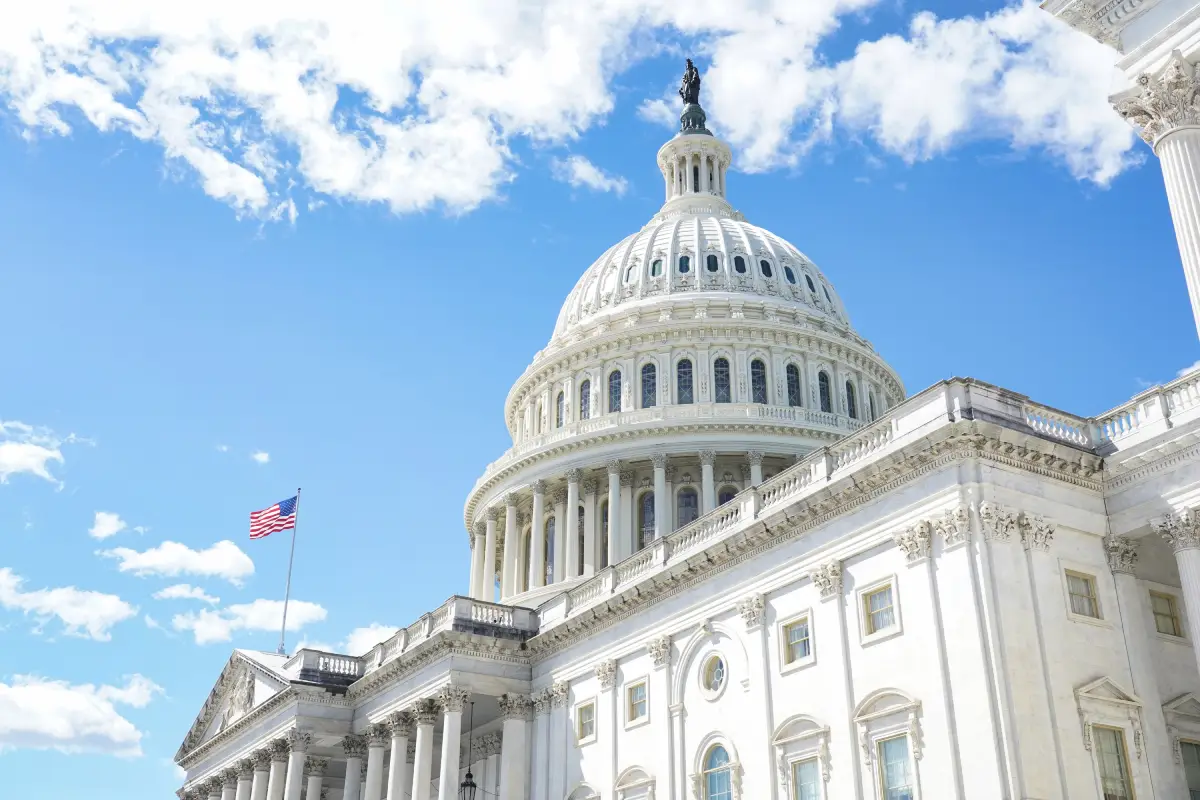President Trump’s latest nominee to chair the Commodity Futures Trading Commission (CFTC), Mike Selig, testified before the Senate Agriculture Committee on Wednesday.
Trump’s previous nominee, Brian Quintenz, lost his nomination after a delayed Agriculture Committee vote followed by lobbying from the Winklevoss twins. If confirmed, Selig would not only be in charge of regulating prediction markets; he would also oversee the CFTC’s approach to crypto regulation. All while some of the most prominent companies regulated by the CFTC battle with states and tribes over sports contracts.
The Senate Agriculture Committee will reportedly vote on Selig’s chairmanship on Thursday, the day following Wednesday afternoon’s nomination hearing.
Senate Ag will VOTE on Michael Selig’s nomination to lead the CFTC on Thursday. His nomination *hearing* is this afternoon.
Official notice: https://t.co/lD8bxnvBuC
— Lydia Beyoud (@ElleBeyoud) November 19, 2025
Selig’s overview of key CFTC issues
Selig opened by arguing that the CFTC should end “regulation by enforcement,” allowing companies to innovate. His opening statement and initial questions from senators concerned digital asset regulation and how Selig would work with “agricultural stakeholders.”
The agricultural industry uses derivatives to manage risk and lock in prices for their products. Selig announced his plan to tour the country and meet with agricultural companies in person to get an on-the-ground view of what agriculture needs from the CFTC.
He also reiterated his commitment to principles-based regulation, a framework from the Commodity Futures Modernization Act (CFMA). Selig supported companies’ rights to decide how they would comply with anti-fraud and anti-manipulation guidelines rather than having the CFTC dictate how companies make those reports. This was the same question that capped off Quintenz’s hearing in June.
Selig still wants the CFTC to “protect customer funds,” so he doesn’t want to abandon oversight. But he doesn’t want to “overregulate” or “push them [emerging companies] offshore,” either.
Plans to defer to the courts over sports contracts
Senator Tina Smith from Minnesota asked Selig about sports contracts, and specifically whether Selig would prohibit gaming contracts. Selig said he would “look to the courts” to decide the sports contract issue, while Smith argued that “we should be able to count on the CFTC to enforce the law” regarding the agency’s prohibition of contracts involving gaming.
In a lawyer capacity, Selig helped write a letter to the CFTC arguing that the agency cannot prohibit sports contracts. His deference to the courts could suggest that he doesn’t view sports contracts as gaming, because a sports match is not gaming in the way that a roulette wheel is.
This suggests that he may believe in the narrowest of interpretations of what it means for a contract to “involve … gaming,” i.e., that the underlying event itself has to be not just a game, but gamING. That is, a contract on the World Series of Poker is covered, but a contract…
— Rob Schwartz (@FormerCFTCGC) November 19, 2025
It’s a good sign for sports contracts, even though it remains to be seen whether a Selig-led CFTC will weigh in on Kalshi or Crypto.com’s sports contract lawsuits.
Cory Booker pressed Selig about the possible manipulation of sports contracts in light of the suspicious betting that sportsbooks detected and asked why the CFTC hasn’t acted on sports contracts, given that 34 state Attorneys General find they violate state law.
Selig again deferred to court decisions. If they’re trading on designated contract markets (DCMs), then the CFTC should “ensure those contracts are not being manipulated.” He would enforce anti-manipulation measures on contracts traded on CFTC exchanges. When Elissa Slotkin pressed him on the same topic, he gave a similar answer, deferring to the courts and Congress.
Slotkin also asked whether Truth Predict, Trump Media’s planned social media prediction market integration, could get a carveout. Selig committed to making such an application subject to the same process as everyone else.
Schiff presses Selig on sports contracts
Adam Schiff argued there was no economic utility or price discovery function of certain sports event contracts. He cited the Special Rule, which prohibits certain event contracts, including gaming, and argued that event contracts on these topics were already found to be against the public interest. Schiff then asked Selig whether sports contracts constituted gaming.
Selig responded that “these are questions for the courts.” Schiff asked about betting on the outcome of the Bills game, while Selig thought it would be “irresponsible to pre-judge that issue.” Selig continued to punt to the courts and to possible changes to the statute, though he did not specify which changes he would make to accommodate or prohibit sports betting.
Schiff also asked what Selig considered gaming. Selig responded that “many legal opinions had been written” on single words in statutes. He then reiterated that he was coming into the CFTC with a “blank slate” on the issue of sports contracts.

























